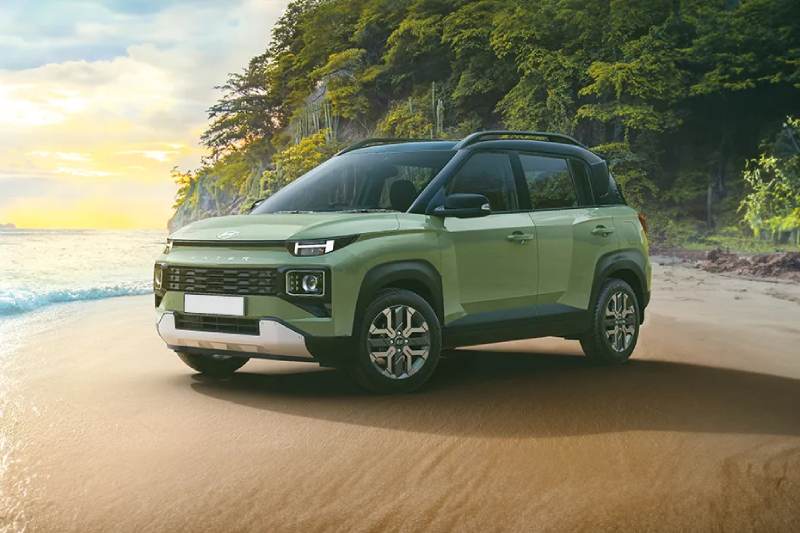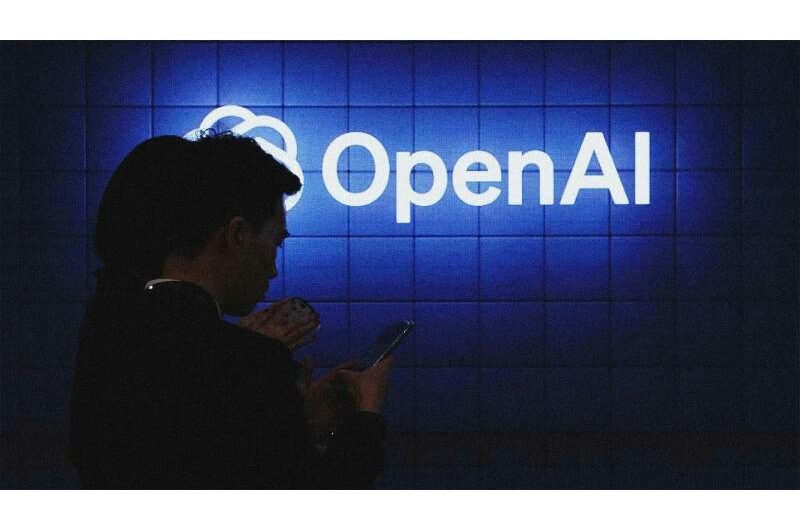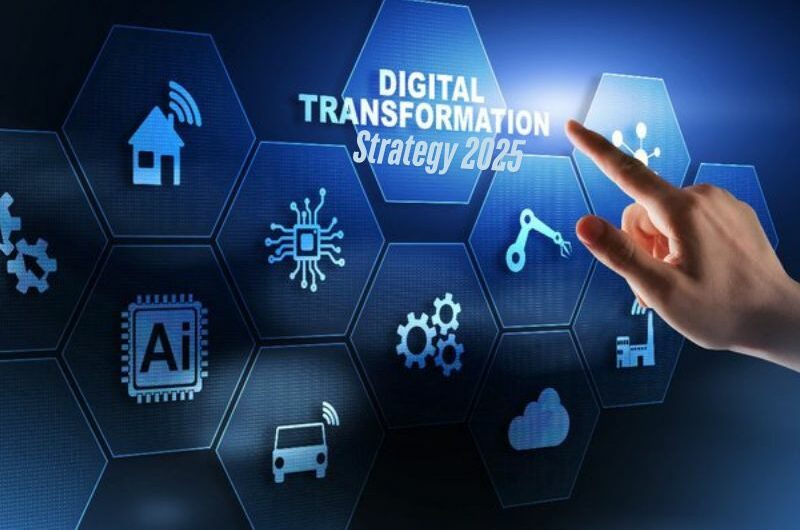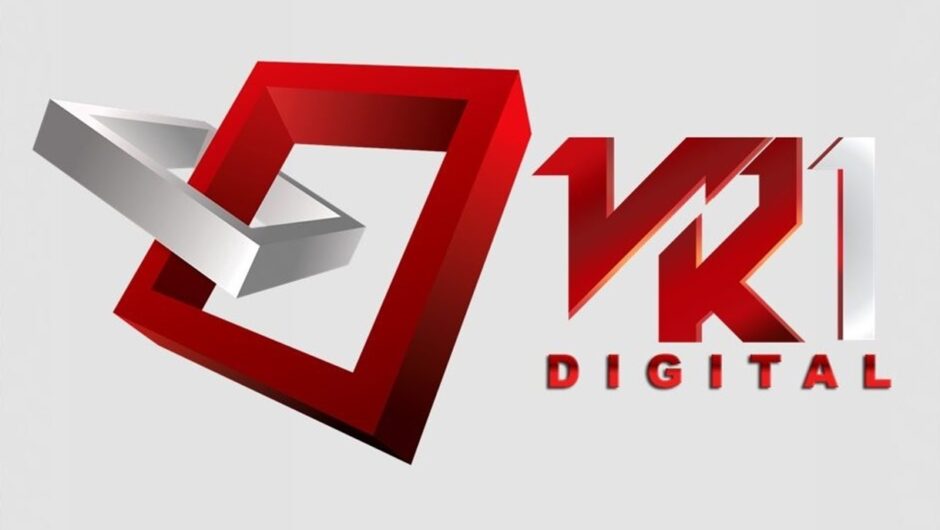Hyundai will introduce its ground-breaking all-solid-state EV battery pilot line next month, which will represent a major advancement in the development of electric vehicles. A new standard for EV performance will be set by the impending “Dream” battery, which promises improved energy density, quicker charging, and longer range.
Hyundai’s Audacious Step in EV Battery Development
Hyundai declared a $9 billion commitment over the following ten years as part of its goal to be a leader in battery research. To meet the needs of different market segments, the automaker is creating a wide variety of batteries, such as lithium-iron-phosphate (LFP), nickel cobalt manganese (NCM), and all-solid-state batteries.
According to recent rumors, Hyundai is almost finished building its pilot line of all-solid-state EV batteries. In March, the business will formally open its development facility for next-generation batteries in Uiwang, South Korea. Representatives from General Motors (GM), which recently extended its EV partnership with Hyundai, will be among the important industry leaders and executives attending the event, which will highlight Hyundai’s most recent battery innovations.
Electric Vehicles Enter a New Era
Next month, full-scale production on Hyundai’s pilot line is scheduled to start. By late 2025, industry sources predict that Hyundai will introduce an electric vehicle prototype that runs on these state-of-the-art batteries. Before the technology is put into mass production, the new facility will be used as a testing ground for improvements.
Compared to traditional lithium-ion batteries, all-solid-state batteries, sometimes referred to as the “Dream” EV battery, have several benefits. These consist of increased durability, enhanced safety, faster charging times, and more energy efficiency. However, stability problems and intricate production procedures have made commercializing this technology difficult.
Hyundai is still dedicated to introducing all-solid-state batteries to the market in spite of these obstacles. Around 2030, the company hopes to start mass production, and shortly after, the first EVs with this ground-breaking technology will be on the road.
Participating in the Changing EV Industry
Hyundai’s move comes after Honda unveiled its own all-solid-state EV battery pilot program in November. In order to lessen its dependency on outside vendors like CATL, SK On, and LG Energy Solution, Hyundai plans to invest in internal battery manufacture. This change in strategy might boost Hyundai’s competitive advantage, increase cost effectiveness, and speed up car manufacturing.
The IONIQ 5 and IONIQ 6 are two examples of the highly efficient EVs that the manufacturer has already produced using its current E-GMP platform. With its cutting-edge battery technology and future “eM” platform, Hyundai is set to completely transform the EV market and increase the sustainability and accessibility of electric mobility.
The introduction of Hyundai’s all-solid-state battery pilot program is a significant development for the EV sector. If this invention is successful, it has the potential to revolutionize the powering of electric vehicles and establish new benchmarks for dependability and performance.
Topics #EV batteries in March #Hyundai









